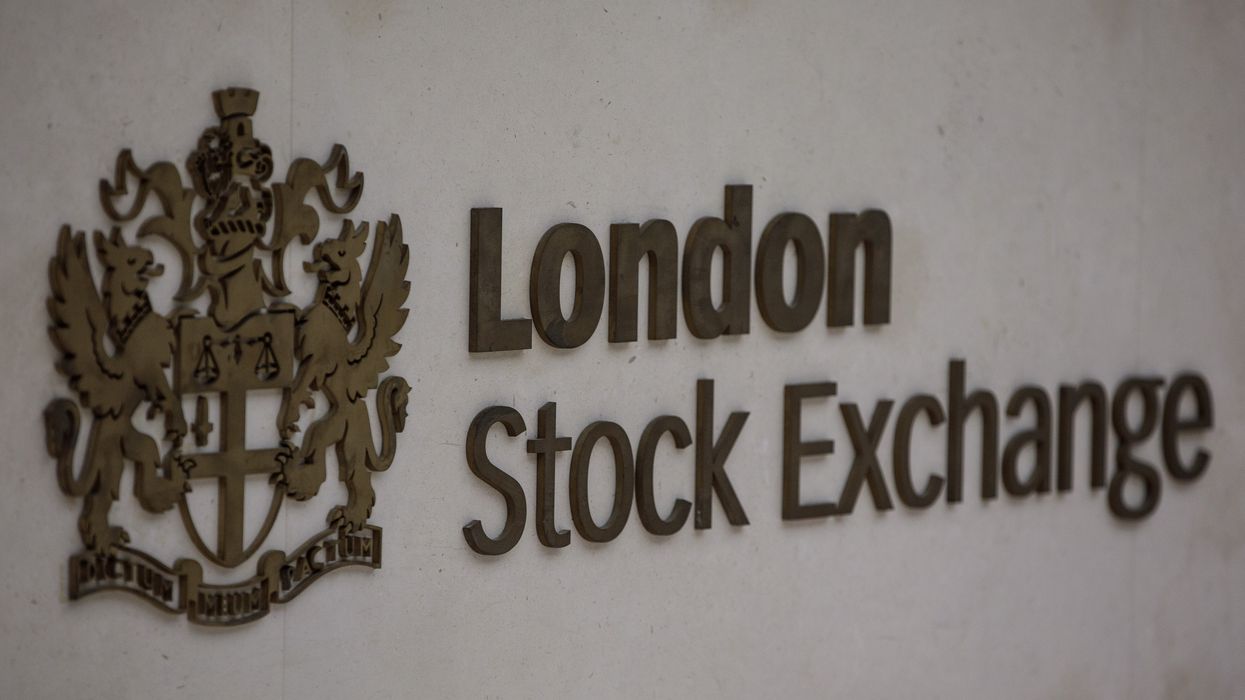BRITISH stocks fell sharply on Friday as investors moved away from riskier assets following China’s announcement of new tariffs on US goods, raising concerns about a global economic slowdown.
The FTSE 100 index dropped nearly 5 per cent, hitting its lowest level in more than three months. It marked the index’s biggest single-day decline since March 2020, when global markets were hit by the Covid-19 pandemic.
The midcap FTMC index fell 4.4 per cent, closing at its lowest point in 16 months.
Both indexes recorded their steepest weekly losses in five years as investors pulled back from equities and turned to safe-haven assets such as government bonds.
China, currently facing 54 per cent tariffs on its exports to the United States, responded by imposing 34 per cent tariffs on all US goods starting April 10. The move escalated trade tensions between the world’s two largest economies.
Federal Reserve Chair Jerome Powell said Trump’s new tariffs are "larger than expected" and the economic fallout including higher inflation and slower growth likely will be as well, in remarks that pointed to the potentially difficult set of decisions ahead for the central bank.
Britain was given the lowest tariff rate of 10 per cent in president Donald Trump’s announcement on Wednesday. However, officials noted that the UK remained exposed to global economic risks.
Prime minister Keir Starmer is expected to speak with other world leaders over the weekend about the changing "global economic landscape".
Only JD Sports Fashion ended the day higher on the FTSE 100, while all other stocks closed in the red.
The aerospace and defence sector saw the steepest decline, down 9 per cent.
Banking stocks also fell as investors worried about growth in the US and anticipated more rate cuts by central banks due to the tariffs. The banking sector dropped 6.3 per cent to a three-month low.
Mining stocks were also hit, with the index of precious metal miners down 8.5 per cent and industrial metal miners down 7.5 per cent. Gold prices declined nearly 2 per cent as traders sold off bullion amid the broader market drop.
Base metals declined as well, with copper set for its biggest daily fall since early 2020.
Oil and gas stocks fell 7.1 per cent as oil prices dropped almost 8 per cent.
Shell was the biggest drag on the FTSE 100, with its shares falling nearly 7 per cent.
BP declined 7.4 per cent following an announcement that Chair Helge Lund plans to step down "likely during 2026," amid pressure from activist hedge fund Elliott for further changes at the company.
On the data front, the US Labor Department reported stronger-than-expected job gains in March. However, the new tariffs could impact the labour market if business sentiment weakens.
In the UK, the construction sector saw a sharp contraction last month, with civil engineering activity falling at the fastest pace since 2020.
(With inputs from Reuters)





